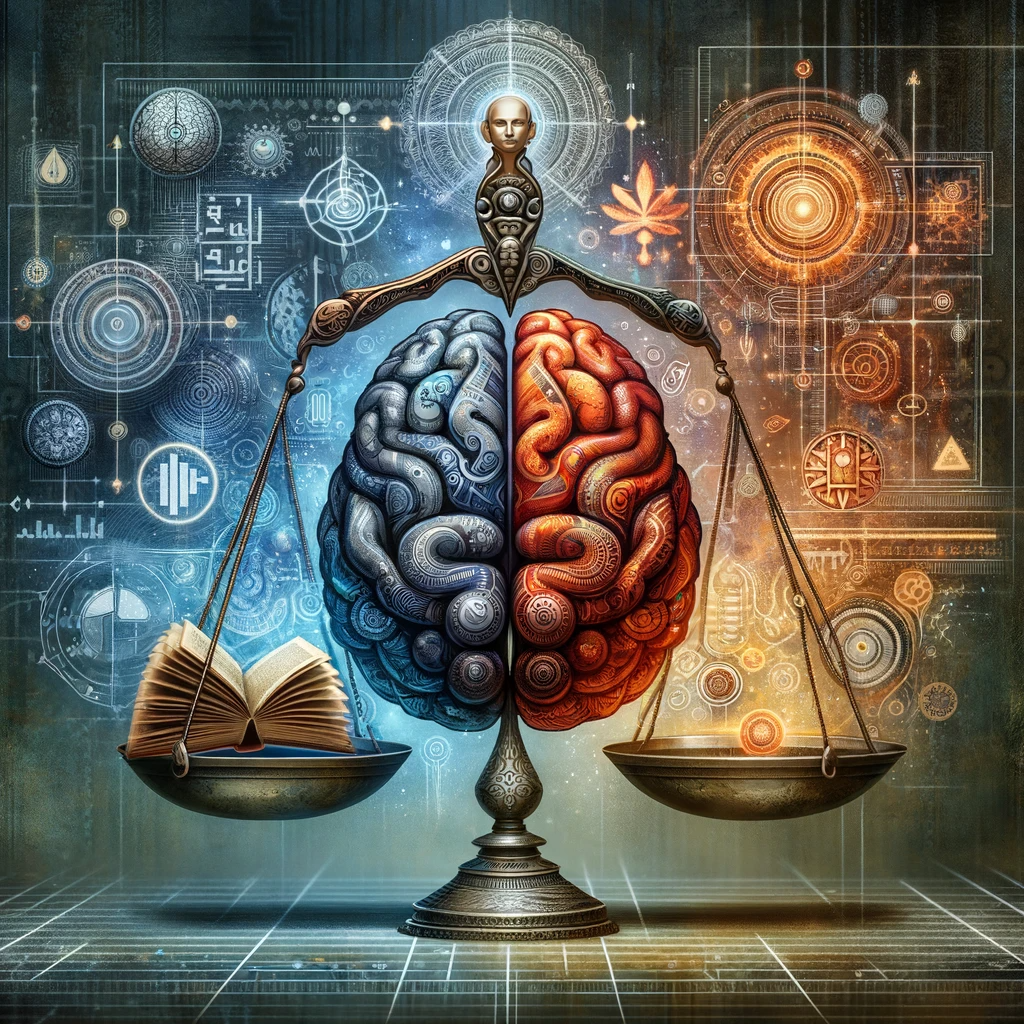Welcome to an in-depth exploration of a sensitive and often misunderstood topic: sex addiction and its intricate relationship with mental health, particularly depression. Through this journey, we aim to shed light on the complexities of these conditions, exploring their roots, interconnections, and pathways toward healing. We also delve into the critical aspect of self-blame and guilt, which often accompany these struggles.
Early Beginnings: The Seeds of Sex Addiction
Sex addiction frequently finds its roots in early life experiences. Traumatic events, such as abuse or manipulation, can lead to an unhealthy relationship with sex. Misguided notions about sexual behavior, often stemming from peer pressure or misinformation, also play a significant role. These early influences can set the stage for later compulsive sexual behaviors.
The Interplay of Sex Addiction and Mental Health
Sex addiction and mental health issues, especially depression, are deeply intertwined. Compulsive sexual behaviors can serve as a coping mechanism for underlying psychological distress, while the fallout from these behaviors can exacerbate mental health issues. The cycle of temporary relief followed by guilt and shame can be particularly damaging.
Guilt and Blame: The Emotional Battlefields
Many individuals struggling with sex addiction and depression grapple with feelings of guilt and self-blame. It’s crucial to understand that these conditions are not just a result of personal choices but are influenced by a complex mix of biological, psychological, and environmental factors.
Ancient India’s Approach to Sex Education
Ancient India offers a unique perspective on sex education. The famous text, the Kama Sutra, is often misunderstood as solely a manual on sexual positions. In reality, it encompasses a broader philosophy on love, relationships, and living a harmonious life. It advocates for a balanced approach to sexuality, emphasizing emotional connection and mutual respect. This ancient wisdom underscores the importance of a holistic understanding of sexuality, which can be beneficial in modern sex education curriculums.
The Role of Spirituality in Healing
Spirituality, often distinct from organized religion, can provide a sense of peace, self-awareness, and connection. Practices like meditation and mindfulness can be powerful tools in overcoming compulsive behaviors and finding emotional balance.
Comprehensive sex education plays a pivotal role in preventing and addressing sex addiction. It equips individuals with knowledge about healthy sexual behaviors, consent, and the emotional aspects of sexuality. Educating young people on these topics can be a powerful tool in breaking the cycle of misinformation and unhealthy sexual habits.
Navigating the Path to Recovery
Recovery is a multi-faceted journey that involves:
- Professional Therapy: Tailored therapies like CBT and trauma-informed therapy are crucial.
- Education and Awareness: Understanding the nature of sex addiction and its link to mental health is empowering.
- Building Support Systems: Connections with empathetic friends, family, or support groups can provide much-needed support.
- Incorporating Holistic Approaches: Including spiritual practices or mindfulness can enhance traditional treatment methods.
Prevention and Early Intervention
Given the early onset of sex addiction in many cases, preventive measures and early intervention are key. This includes comprehensive sexual education and creating safe spaces for young people to discuss and understand healthy sexual behaviors.
Our exploration reveals that sex addiction and mental health issues like depression are multifaceted challenges requiring empathy, understanding, and a comprehensive approach to treatment. Moving away from guilt and self-blame towards compassion and healing is essential. By embracing a holistic view, we open the door to more effective coping strategies and a path towards a balanced and healthier life.
Disclaimer: This blog is for informational purposes only and is not a substitute for professional medical advice.




